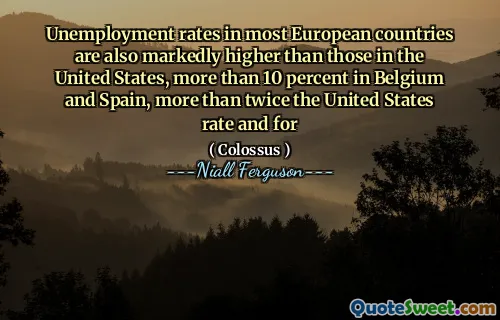
Marshall aid itself did not guarantee economic recovery; If it had been like that, Britain would have lived an economic miracle, when in reality the opposite happened. It seems more plausible to attribute the western German miracle to the rise of trust generated by the new German framework, accompanied as it was for a suspension of price control.103
Marshall Aid was intended to support economic recovery in Europe after World War II, but it did not automatically lead to success. Despite the funds provided, Britain did not experience a miraculous recovery as hoped; instead, the economic landscape remained challenging. This suggests that external assistance alone cannot guarantee recovery without proper internal conditions.
In contrast, Western Germany's economic success, often referred to as the "German miracle," can be better understood through the establishment of a trusting environment and the implementation of a new economic framework. The relaxation of price controls played a significant role in this transformation, demonstrating that trust and appropriate policies were crucial for recovery.











